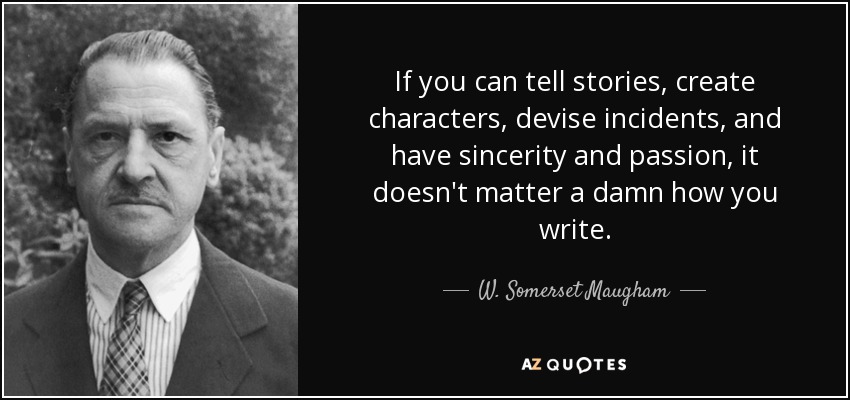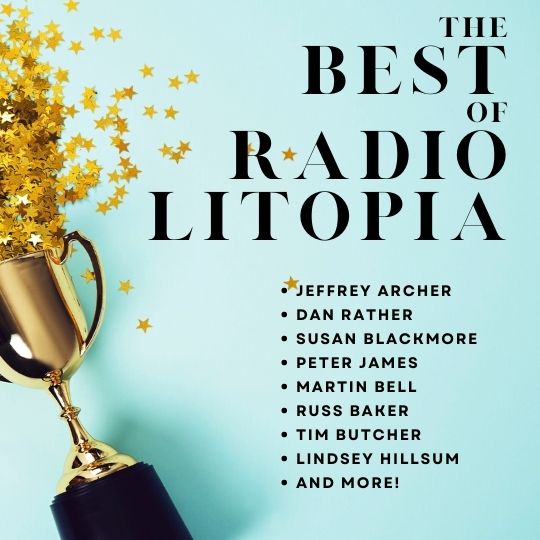Chuck is selling his own brand of sarcastic wit, and selling his novels on the back of it, so I'd be as wary of his 'advice' as I would that of anyone else. He's building a platform for his own brand, and if he's sucking people in, then he's doing a good job. I don't know him or his background, but it sounds a little journalistic?
Though writing advice varies in its perspicacity, and there are an awful lot of 'experts' selling it these days, it is NOT FAKE.
I have analysed more dreadful novels over the years than I care to recall, and continue to do so on a daily basis. Editors know in the first chapter whether they want to read on, but more often they know in the first page whether the writer can actually write (yet). Of course you don't just write what you know, of course you need some prose between the dialogue, but the 'rules' are there for a reason. They're there to channel the learning process. Chuck is amusing and his advice is sound for those who have already gone down the long learning-road, but you have to understand the rules before you break them. Most beginners break all the rules by accident, which is why their books are so incredibly bad - and they don't see that (yet).
So, beginner writers, keep following the dissed advice till you understand it, then make your own choices.
When you can look back on your old work and wince with embarrassment that you actually sent it out, then listen to Chuck.




